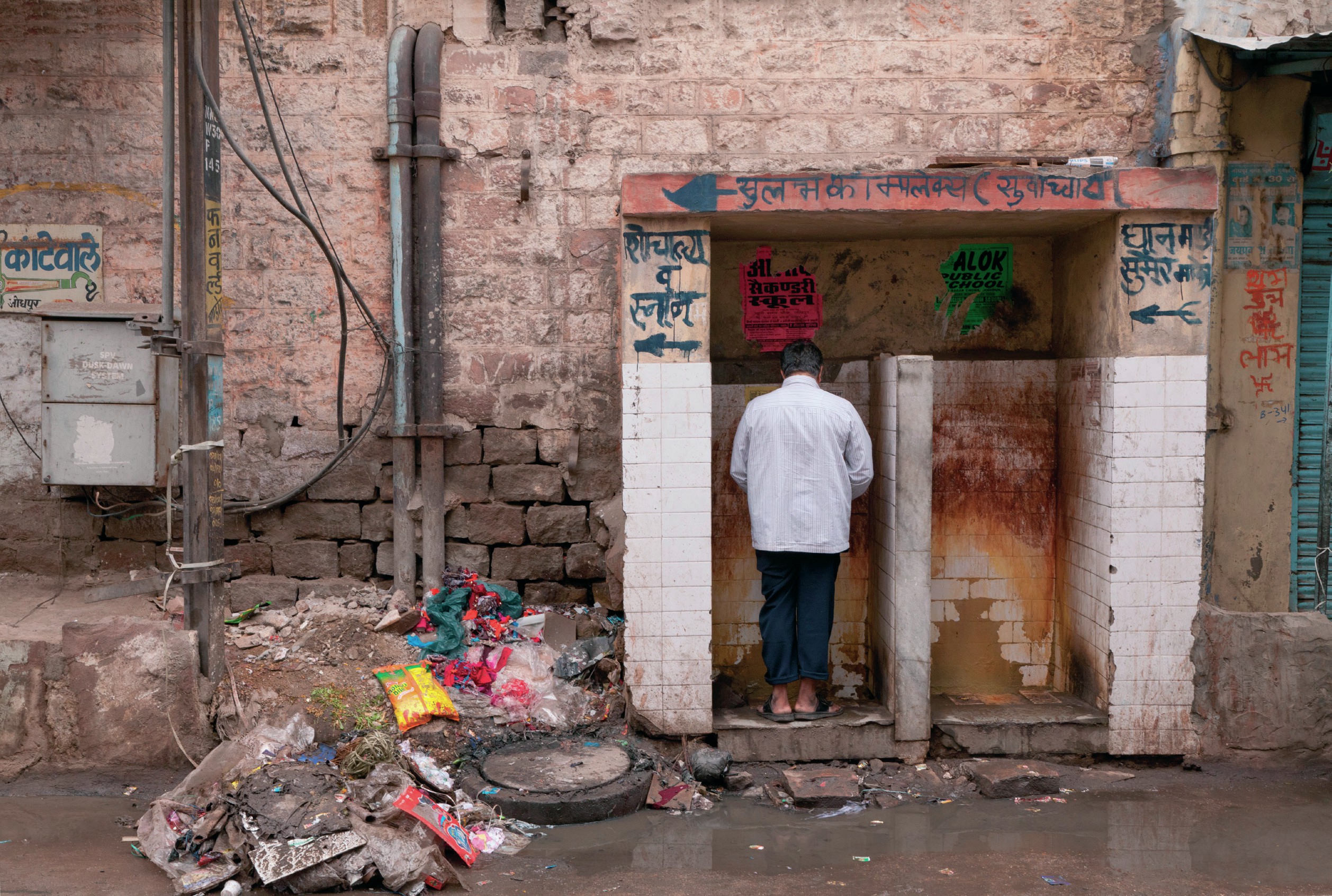
Toilets — or rather lack of toilets — have received an increasing amount of attention by the international development community in recent years. Why? Safe toilets — as opposed to the practice of defecating in fields or bushes — isolate faeces from the environment. Toilets therefore break the pathways that would otherwise lead to life-threatening diseases that are widespread in many developing countries, particularly diarrhoea among children. Today, 1 billion people worldwide still practise open defecation (OD). Nine out of ten of these people live in rural areas.
Why don’t households build toilets? The list of possible explanations goes beyond the issue of poverty. Researchers at the IFS are studying the factors underlying low toilet coverage in India, where 597 million people (half the population) practise OD.
Your organisation does not have access to this article.
Sign up today to give your students the edge they need to achieve their best grades with subject expertise
Subscribe




